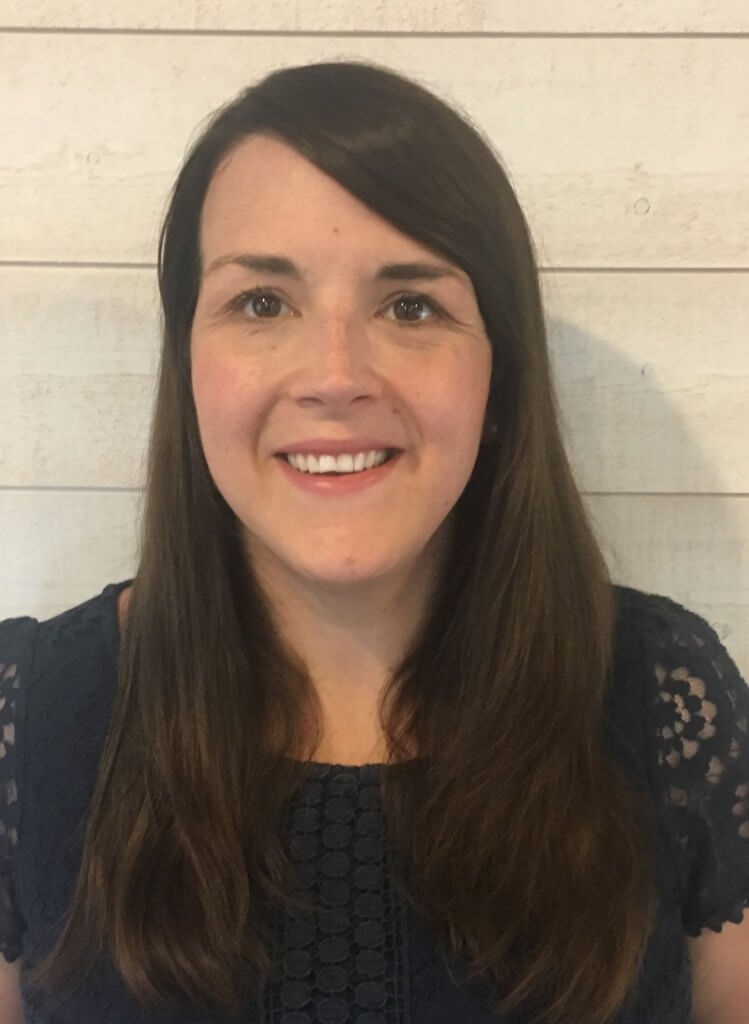Supporting you to live well with PAH
What does palliative care mean to you? It’s likely that for some people reading this feature, the ‘p’ word itself is enough to evoke uncomfortable feelings – and this where the problems begin.
We spoke to researcher Dr Sarah Woolcock about what needs to change, and how the PH community can play its part.
Palliative care is about living not dying, but common misconceptions are preventing some people with PAH getting the supportive care they need.
Respiratory consultant Sarah Woolcock (pictured) took two years out of registrar training to complete a PhD study into the delivery of palliative care in patients with PAH and uncovered various obstacles.

The aim of the study, funded by the PHA UK, was to explore the understanding of and attitudes towards palliative care amongst both patients and healthcare professionals.
Sarah conducted in-depth interviews which showed that for both patients and staff, the term ‘palliative care’ was typically found to have negative connotations. For many healthcare professionals, the experience of receiving negative reactions from patients when discussing palliative care sometimes formed a barrier to discussing the topic earlier.
Uncertainty around the course of PAH was also cited as an obstacle, along with the difficulty of balancing active care (such as treatment with intravenous medications or transplant referral) and palliative care at the same time.
Sarah, who now works as a respiratory consultant at Royal Preston Hospital, said: “Education of both patients and staff has potential to improve the way palliative care is discussed in PAH and improve patient experiences. We need to have more conversations about palliative care and address the misconceptions. So many people hear the term and think it means ‘end of life’ but there is so much more to it than that.”
Palliative care is about living, not dying. It helps people who have an illness that cannot be cured, and some receive it for years. It takes an ‘holistic’ approach, involving psychological, social and spiritual support as well as dealing with physical symptoms.
Sarah recognised the need for a study into its accessibility when she was working with the pulmonary hypertension team at Newcastle’s Freeman Hospital. “I realised that our patients were getting palliative care, but it was very much at the end of life, and perhaps there were signs or symptoms beforehand that meant they would have benefitted from it earlier” she said.
Supported via the PHA UK, Sarah interviewed patients under the care of the Freeman Hospital and healthcare professionals from across Britain. Some of the conversations, she said, were unexpected.
“I think I was quite surprised by the staff perceptions of palliative care. There was this fear of bringing it up with patients in case they interpreted it in a negative way. But when I spoke to patients, a lot of them said that actually they knew they were getting to that point [where palliative care was needed] and were waiting for someone to bring it up with them.”
Sarah believes that as well as improving perceptions, recognising there is uncertainty in the disease trajectory for patients with PAH would also be helpful.
“People might enjoy a period of stability and then experience an exacerbation that sets them back – and it’s difficult to tell whether that might be the start of a decline or whether they are going to get back to being stable again.
“That makes it very difficult to know when to have these conversations and I think ultimately it comes down to raising awareness of what palliative care is and how it can make a difference.”
Empowering patients to bring up the subject themselves is also important. And these conversations, Sarah says, can happen at any time.
“You don’t need to wait until a certain point. One of the patients I spoke to compared having early conversations about palliative care to taking out house and contents insurance. It doesn’t mean you need to use it now, but it’s there just in case. And having those conversations when you’re well can be easier than having them when you’re in a decline.”
Sarah hopes there will now be scope for further studies into the role of specialists in palliative care in PH, and perhaps the development of tools or frameworks that will help healthcare professionals recognise when to introduce the subject with patients.
For now, she is keen to keep the wider conversations going and will be working with the PHA UK to raise awareness of the benefits of palliative care.
“This is such an important area and it has potential to make a huge difference to patients and their families” she added. “I’m very thankful to the PHA UK for the opportunity to carry out this study and of course to those who took part. Hearing the views of patients is vital as they are the ones who are going to shape how we do things better in the future.”
















